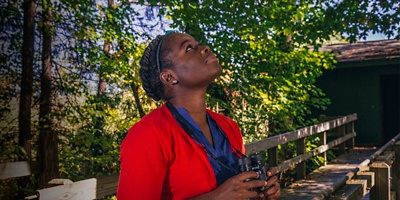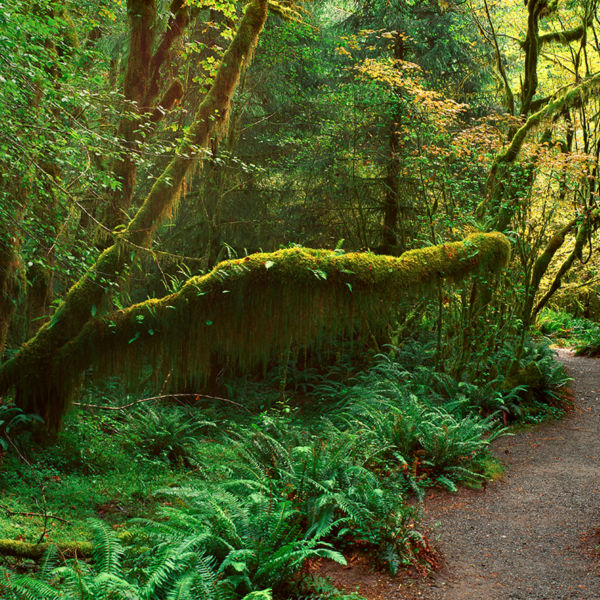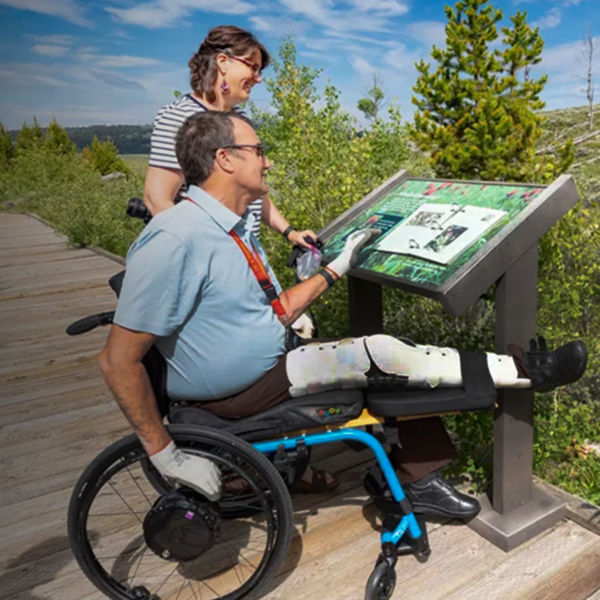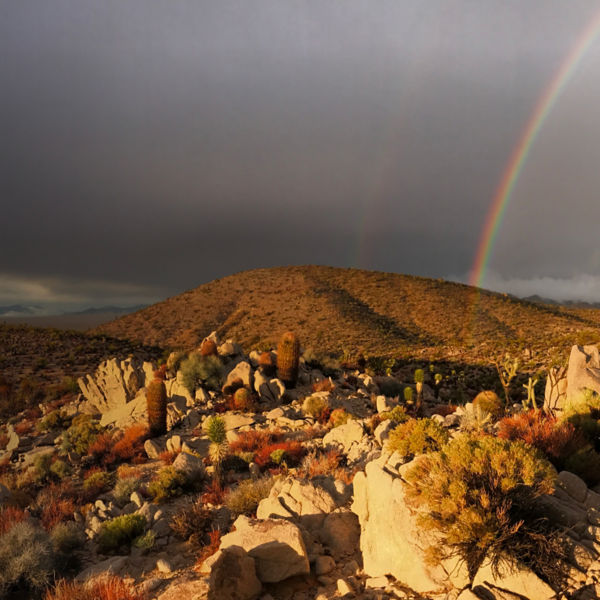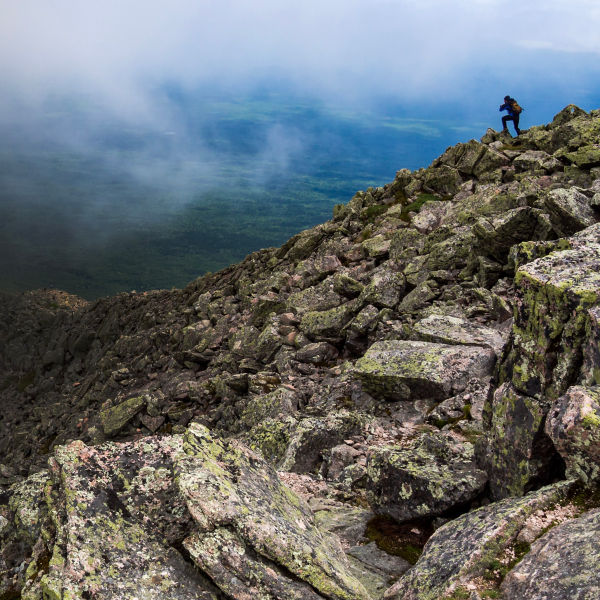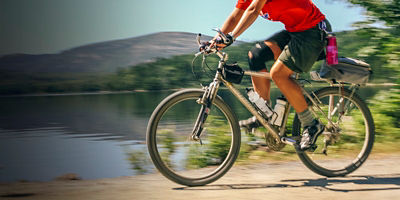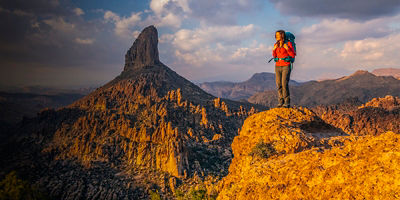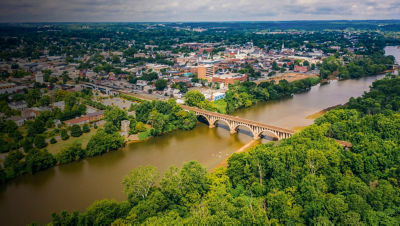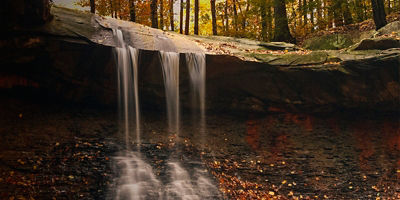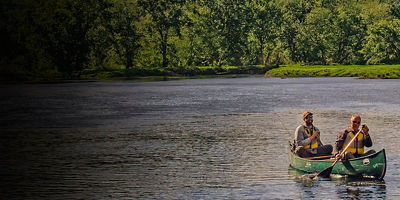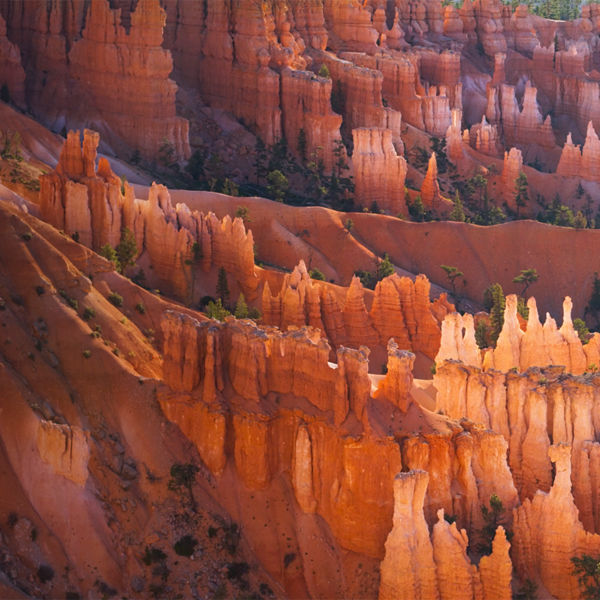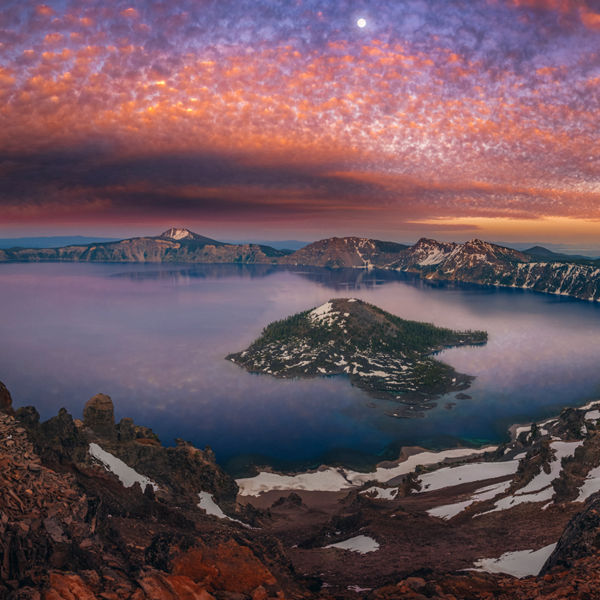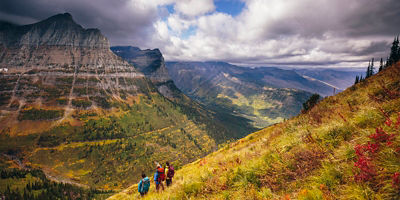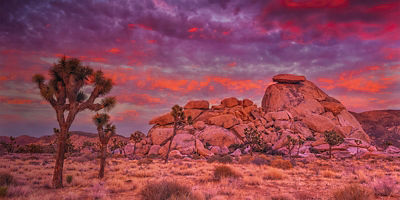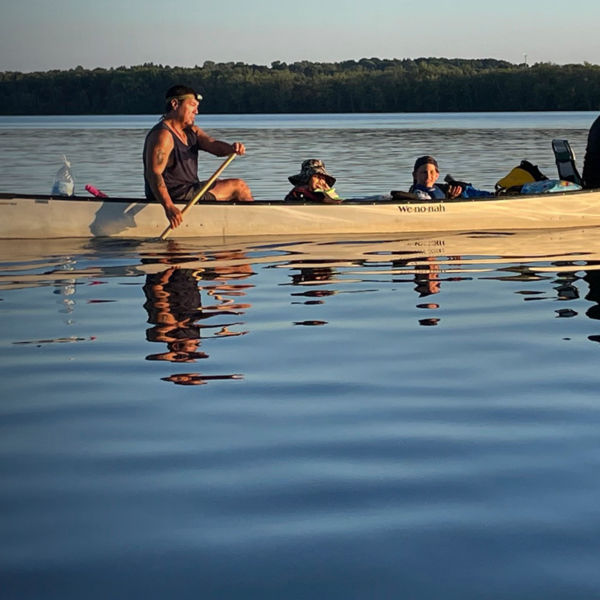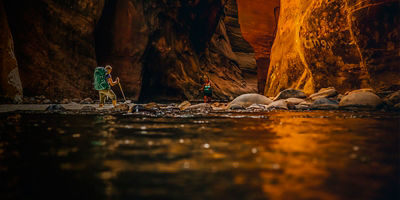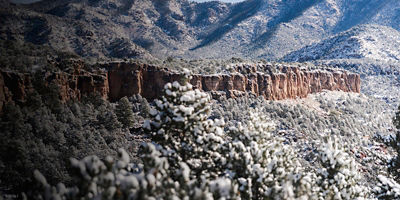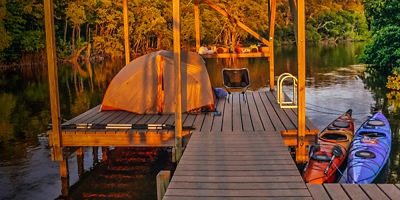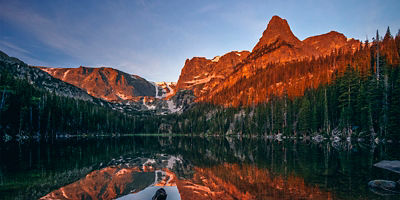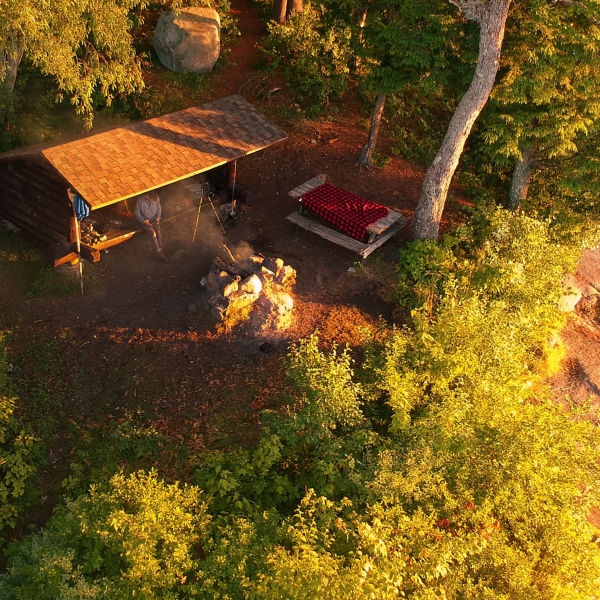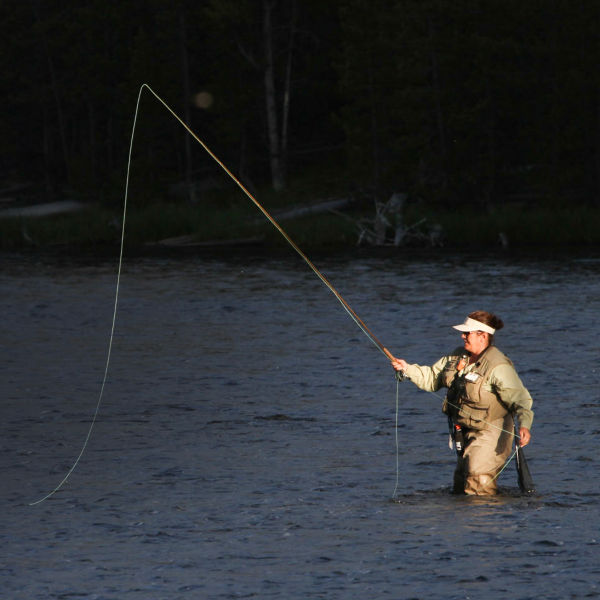
To honor Women’s History Month, Public Lands is showcasing women who are establishing new trails, creating new stories about women’s experience outdoors, and making history now. We recently sat down with Nicole Jackson, whose journey to advocacy was not so typical. Growing up in Cleveland, she experienced childhood abuse, which is when nature became her form of self-care. While earning her environmental education degree from The Ohio State University, she worked with youth and the public for various environmental nonprofits throughout Ohio. She co-organized Black Birders Week and created Black in National Parks Week. Beyond these largely online events, she also serves on the Next Generation Advisory Council of the National Parks Conservation Association. Now 33 and Columbus-based, Jackson (she/her) has also just launched her own business, N Her Nature LLC, which aims to provide a safe space for Black women to heal and grow through meaningful nature experiences. So while her email signature begins with ‘Environmental Educator, Birder,’ there’s no concise label that captures all the ways in which she inspires fellow Black women, plus so many others, to get outside for education, recreation—and therapy.
By Mary Reed
MARY REED: How and when did the outdoors become an important part of your life?
NICOLE JACKSON: It started at a very young age when I was in foster care. It was very hard, traumatic. Unfortunately, I was the victim of sexual abuse. My safe place was outside. I liked to go in the backyard when I was feeling afraid or anxious, after experiencing abuse from the adults that were supposed to be taking care of me. I would take time to be still and listen to nature—take in nature and the birds and the plants and the trees. It kept me calm. Nature was my therapy. And then my relationship with nature progressed through education and sharing with others how it healed me. I realized that although I went through something tragic, my abuse did not define me. It has given me more strength and understanding that I can have a positive impact by sharing my story of survival and resilience.
How did you become a birder?
I got into birding after completing an avian technician internship as an undergrad at The Ohio State University. During the summer, I monitored urban bird populations in Columbus and learned about ecology, predation, mapping, and bird banding. It was a great experience as I was able to improve my bird identification skills. When the internship was done, I began joining friends and local birding groups on bird walks to expand my knowledge. My first environmental education job was as a camp counselor at the Grange Insurance Audubon Center. In that position, I learned more about bird conservation and how to engage communities interested in environmental stewardship.
Did anyone blaze the trail for you as a Black woman in the outdoors, or did you mostly blaze your own trail?
I had to blaze my own trail. But there were definitely role models. For instance, my science teacher in high school; she was a Black woman. She was very encouraging, and when things were hard she would talk me through it. And also my mom. She raised 11 children. Even though she didn’t quite understand my interest in nature, she knew I had a path and there was no stopping me. Rue Mapp started Outdoor Afro; she is one of my professional role models because she amplified the importance of connecting more Black people to the outdoors. And African-American national park leaders like Shelton Johnson (a park ranger at Yosemite National Park) and Audrey Peterman. She played a huge role in me joining the Next Generation Advisory Council of the National Parks Conservation Association. I love being an advocate for public lands.
And you are now blazing a trail and inspiring others?
I’ve become a role model for my aunt. She knows that I love getting outdoors and has started to make it a regular activity in her own life. When I visit family in Cleveland, she's usually the first one I connect with. She rarely turns down an opportunity to tag along with me to bird or hike at a local park. She’s let me know that I’ve inspired her to seek more adventure and prioritize her health.
